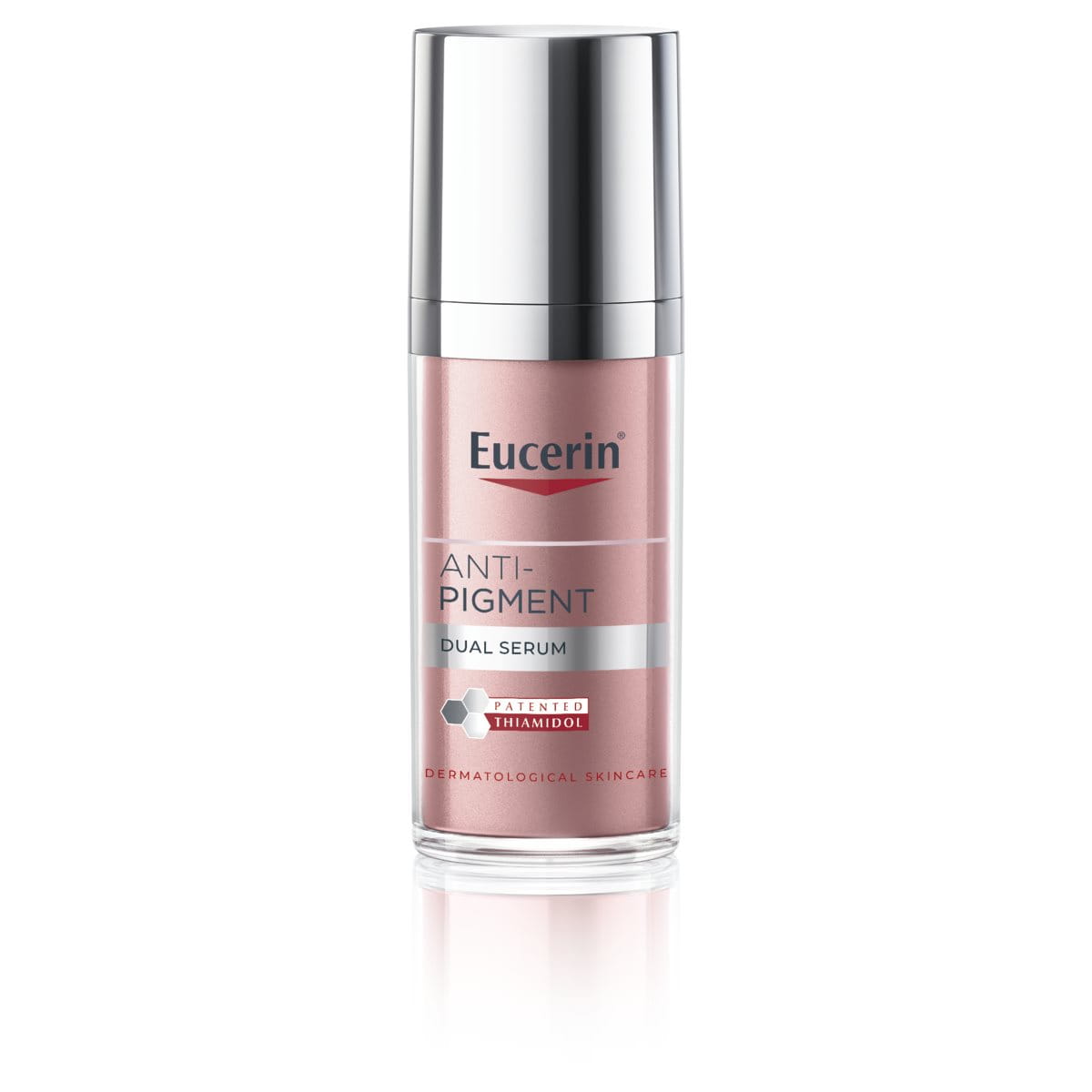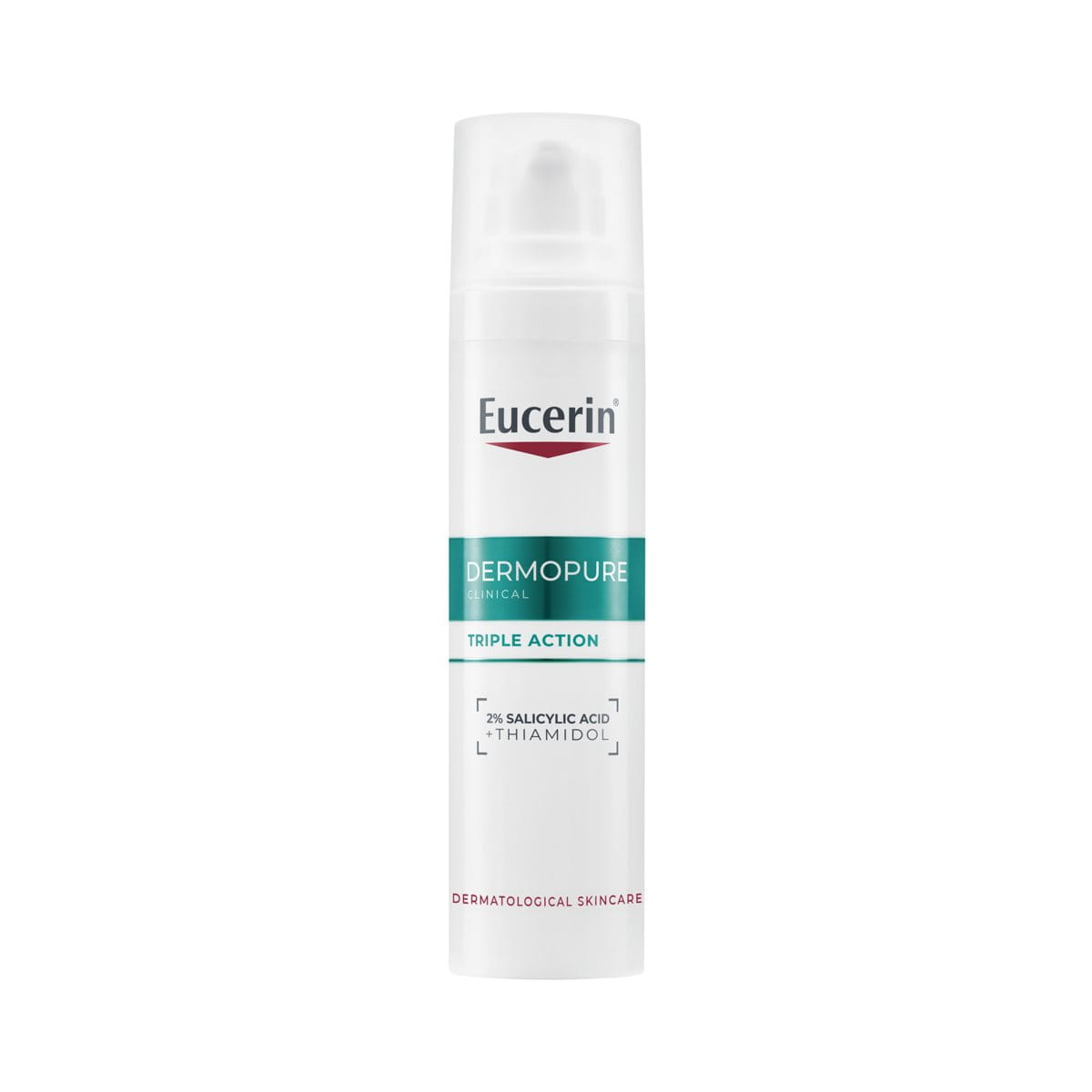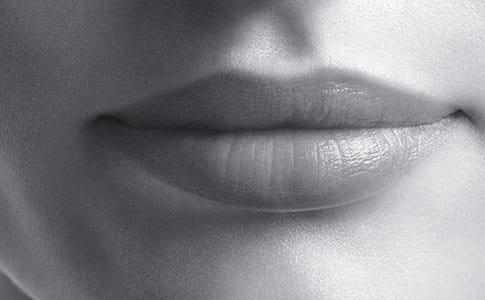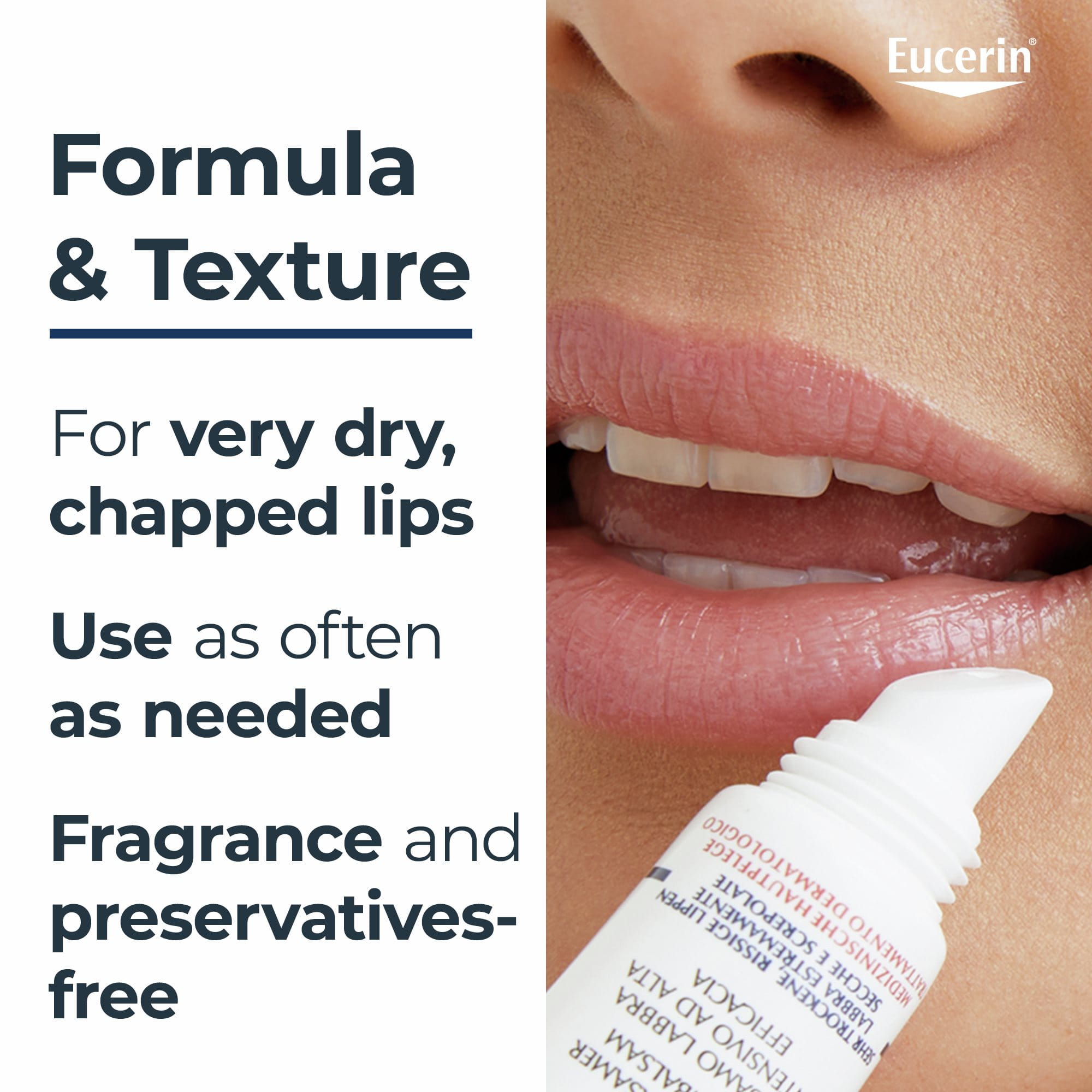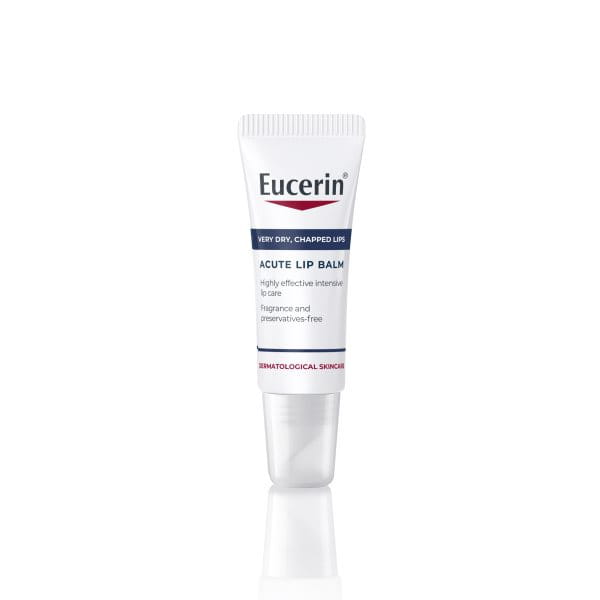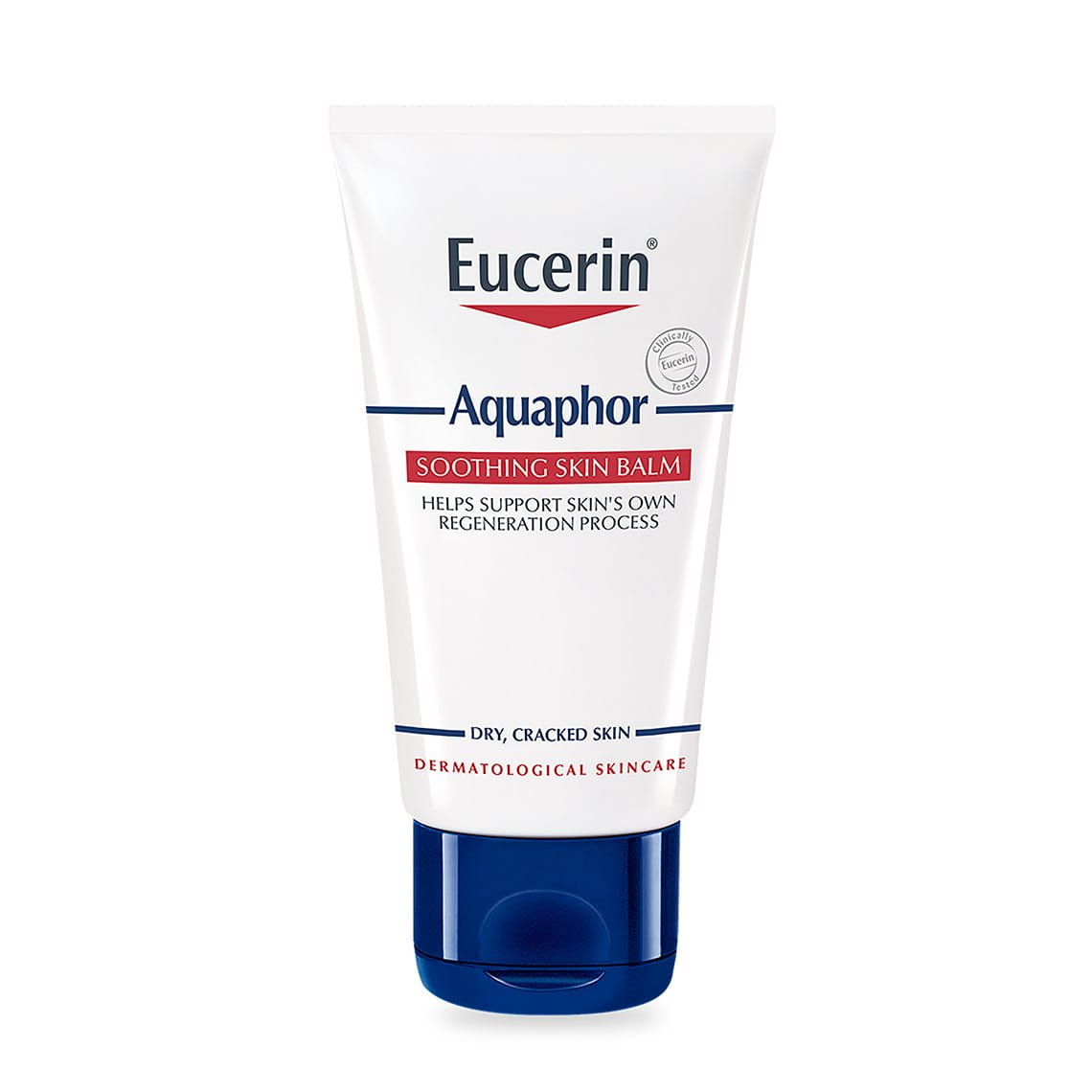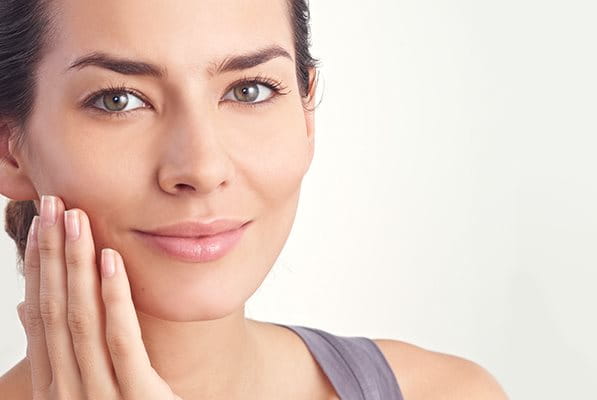Published: July 2020
Last Reviewed: September 2025
Our lips are particularly prone to dryness and most of us suffer from dry and cracked lips at some point. Dry and cracked lips are uncomfortable, sometimes painful and – because our lips are always on show – they can make us feel self-conscious too.
This article outlines common dry lip skin concerns, identifies their causes and explains why lips need special care. Learn how you can soothe and repair chapped lips, as well as how to protect lips that are prone to dryness and cracking.
